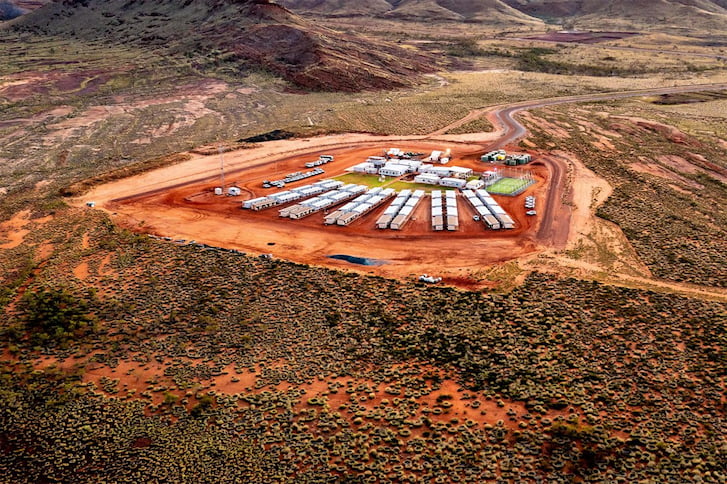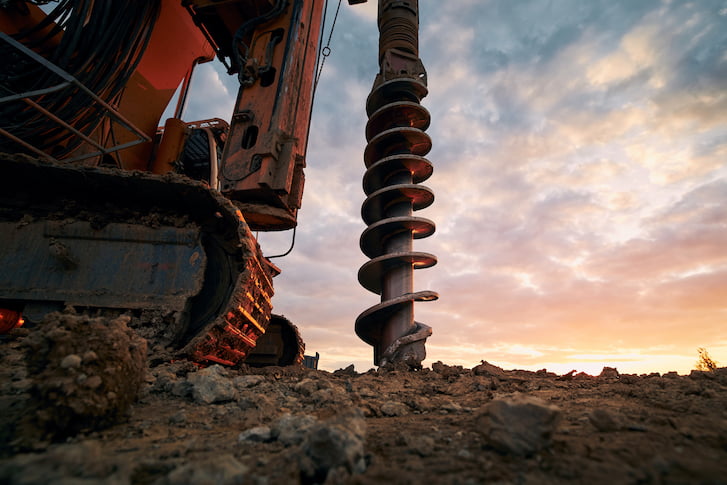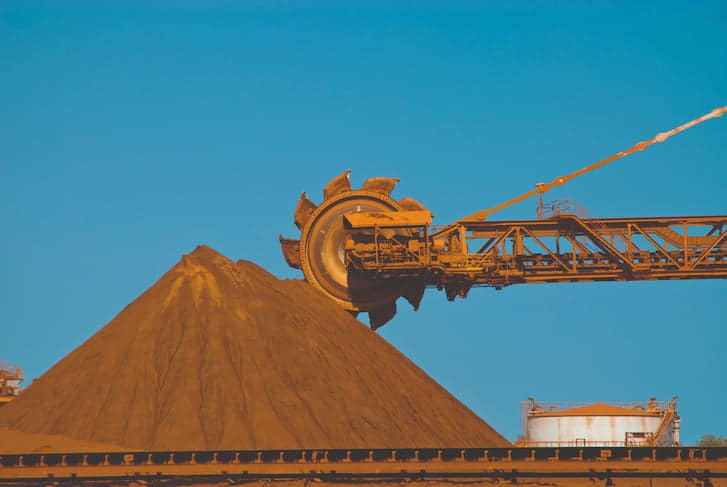Why mining companies need to shift their focus to attract and retain talent
Relying solely on job advertisements to attract talent can leave businesses lagging in a competitive job market, writes CoreData WA’s Founding Director Kristen Turnbull and Head of Strategy and Insights Alison Sweet.
While ensuring your ad clearly conveys your company’s offerings is crucial, competition is just the beginning; success depends on what follows, whether you attract or lose a candidate to a rival.
The talent shortage facing WA’s mining sector in recent years has sharpened the focus on employee value propositions (EVPs) and the role they play in attracting talent in a competitive labour market. What is less known, is the link between candidate experience during the recruitment process and the effects on your company’s reputation.

Graphics courtesy of CoreData WA, Clarity Communications and The resources HUB.
CoreData WA, together with Clarity Communications and The resources HUB, conducted a survey of 548 people working in or looking for work in the Australian mining industry to better understand their experiences when seeking employment.
Nearly half of respondents (45%) were based in WA.
We found three quarters (76%) had looked for a mining job in the past 12 months, and more than half (54%) had multiple applications with different companies at one time.
Second only to “salary not meeting expectations” (60%), timely notification of a successful interview (39%) is the next highest factor contributing to hesitation in accepting an offer.
Not only can response delays impact the candidate’s experience and your company’s reputation, but can also increase the risk of missing out on talent. This is true not just at offer time. Lack of timely response is a top reason applicants hesitate to complete applications or continue with the interview process.
Differentiating in a crowded market
Timeliness is vital in filling roles with the best people – this is an area where companies have the chance to stand out from the crowd.
The majority (57%) of job seekers rated mining companies ‘poor’ on timely updates on their application. More than a quarter either received no response (29%) or waited over three weeks (26%) for a reply to their job application or more before hearing back.
Among candidates that have interviewed in the past 12 months, only a quarter rate mining companies ‘good’ at timely updates. Even fewer (22%) rate them good at a timely offer of interview after they apply.
The longer you take to notify candidates of the outcome, the higher the chance they will be offered a position with another company while waiting to hear from you. It also communicates a lack of respect for the individual, which isn’t the first impression you want to leave on someone you’re hoping to hire. Especially given the effort candidates are putting in – a quarter attending three or more interviews before being advised of the outcome.
There are other reasons why differentiation is important. Three quarters of those who have looked for a mining job in the past 12 months say they chose what job they wanted to do, then looked for companies advertising the role. So, you need to give them a compelling reason to choose you.
Companies are performing relatively well in providing information in their job ads about what they are looking for in a candidate, but not as well in outlining the EVP, or the ‘why work for us’ or ’what we offer’.
You could be mistaken for thinking that once the employee is in the door, the hard work is done. Yet our research finds 60% of mining workers are currently looking for a new or better role. Coupled with the fact that nearly a third (32%) of workers in the industry say their employer has not lived up to the promise of professional training and development, it’s not hard to see why prioritising recruitment over retention creates a significant business risk.
What makes people stay?
Strong leadership, rewards, bonuses, and training and career progression are all important factors likely to encourage people to stay but are also where company performance is not well rated.
While remuneration is always important, building a culture where employees feel supported by their leaders, are rewarded for their work and a providing a safe workplace are key factors. Nearly half of workers would look for employment elsewhere if their current employer didn’t provide these things.
Consequences for bullying, intimidation and harassment is as important to workers as bonuses and other incentives (43% vs 44%), yet these are both areas where companies are underperforming in the eyes of their workforce.
Companies failing in these areas risk losing talent and damaging their reputation as word-of-mouth influences job applicants’ decisions. More than two in five (44%) ask people in the industry about a company before applying, and those with a negative experience are likely to tell others.
Maintaining a strong reputation among those outside your businesses will likely help you win over prospective employees, but the employee experience you provide is just as important for attracting and retaining talent. Making promises you fail to deliver on is a surefire way to damage your employer brand, particularly among more experienced mining workers.
Investing in a positive candidate experience and a strong EVP will not only help get the talent in the door, but ensure they stay too. A win-win in a tight labour market.
To be part of WA’s peak business organisation, get in touch via 1300 422 492 or [email protected].








